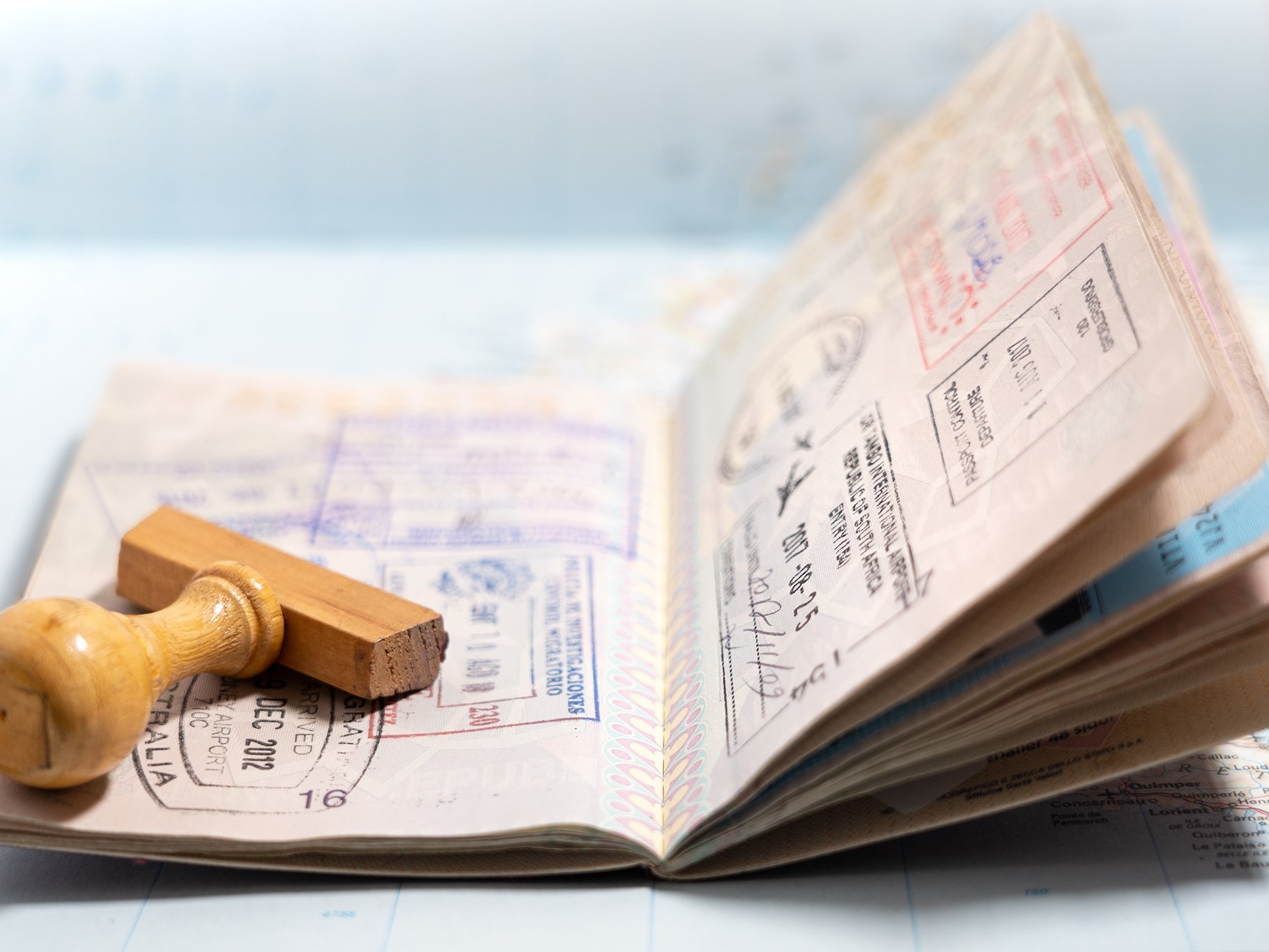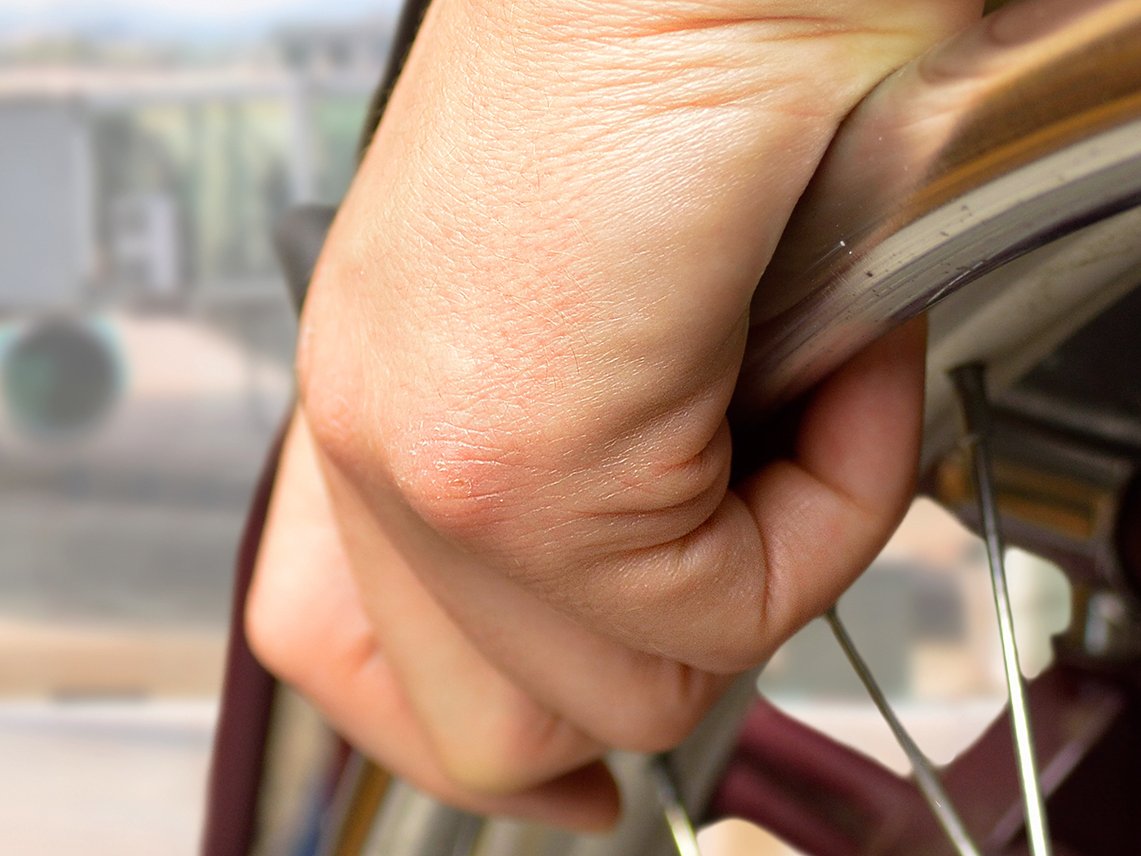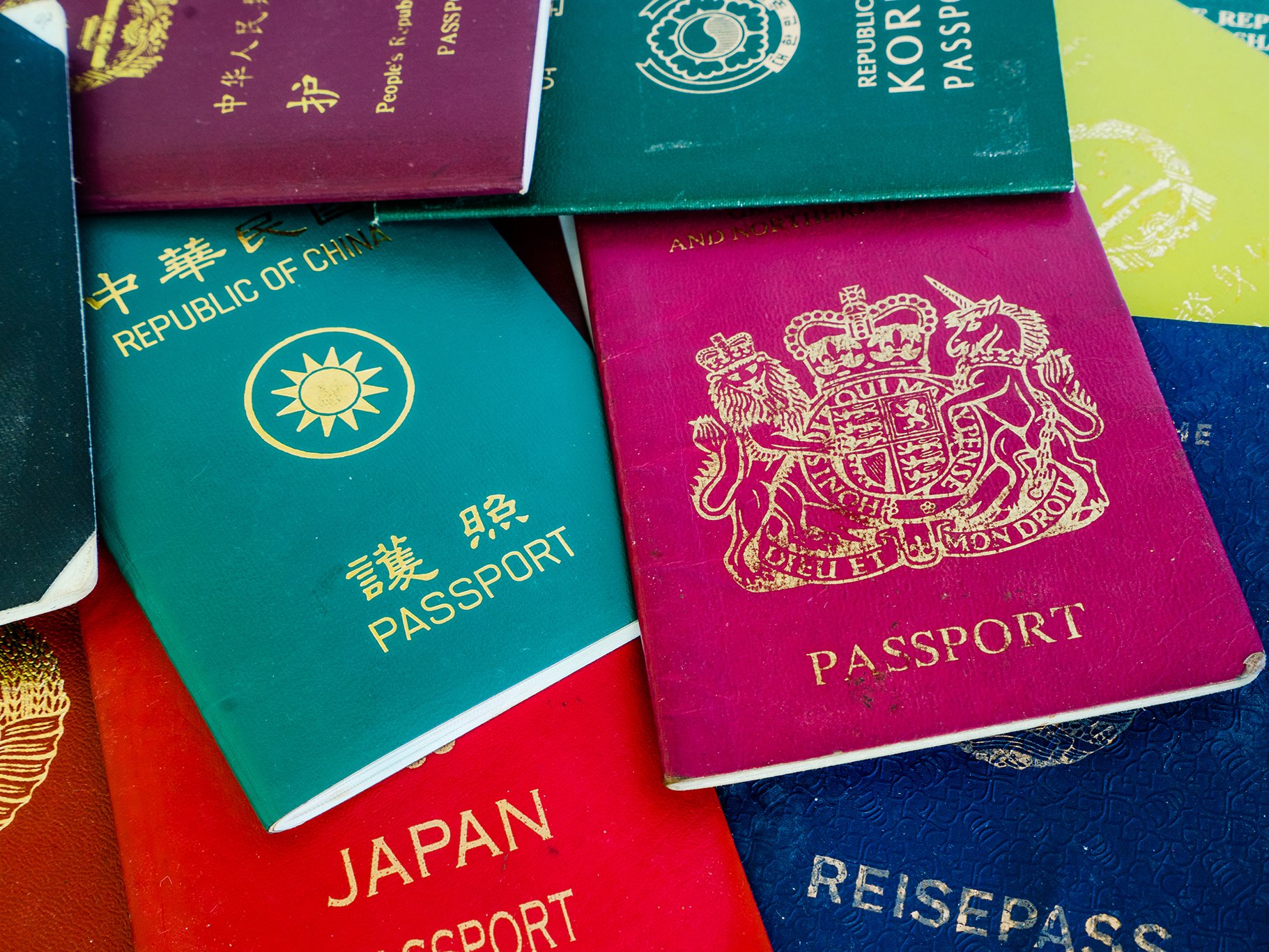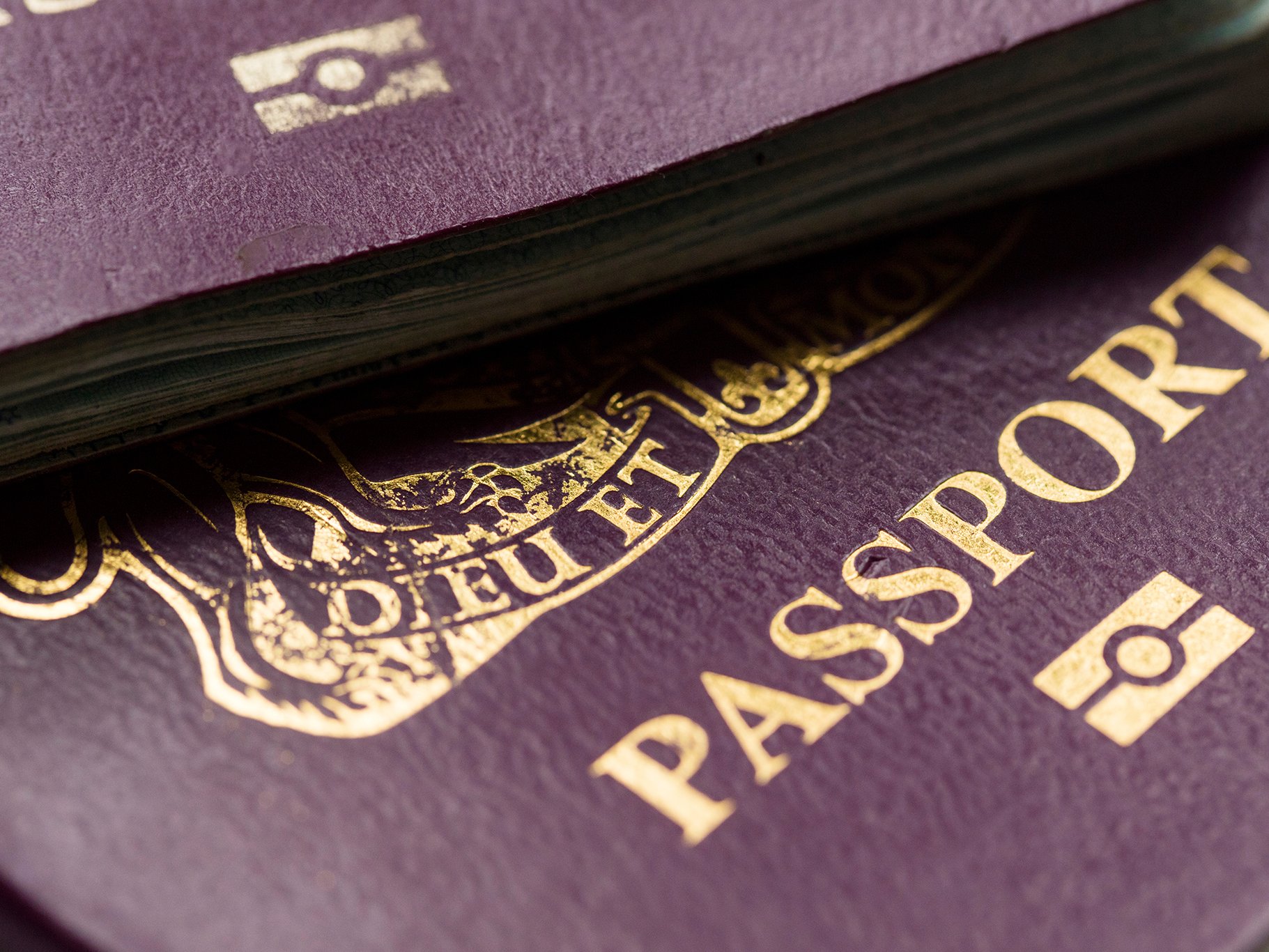The rules and regulations you need to know before your holiday departure
Summer trips are many people’s highlight of the year, so Falstaff offers some tips to make sure you’re fully prepared for all eventualities.
The annual summer pilgrimage from the UK to warmer climes will soon be underway, and with Covid restrictions now largely redundant, Falstaff has taken a closer look at some of the other rules that have come into effect, or are about to. The key to a successful trip is knowing what you need to know about holiday destination to ensure your adventure proves memorable for all the right reasons.
First and foremost, the passport check
As little as a fortnight ago, there were reports of a UK traveller denied the right to board a plane to France because her passport had been issued ten years and one day before she was due to fly. Remember, if you’re travelling to any EU country or one in the Schengen Zone – Norway, Iceland, Liechtenstein, Andorra, Monaco, San Marino, the Vatican and Switzerland – you will not be allowed to travel if your passport is invalid, even if it has not expired. This doesn’t necessarily only apply to EU countries so check the passport rules for your destination ahead of your trip.
Jo Rhodes, deputy travel editor at Which?, explained to the Guardian: “Recently, some travellers have been caught out by EU passport rules, meaning they haven’t been able to go on holiday as planned.
“Your passport must have been issued in the past ten years at the time of entering the EU. Legally, you’re also required to have at least three months left on your passport at the time you plan on exiting the EU. If you have a holiday planned this summer, check your passport now to make sure it meets all the requirements for your destination, so you don’t risk being turned away at the airport.”
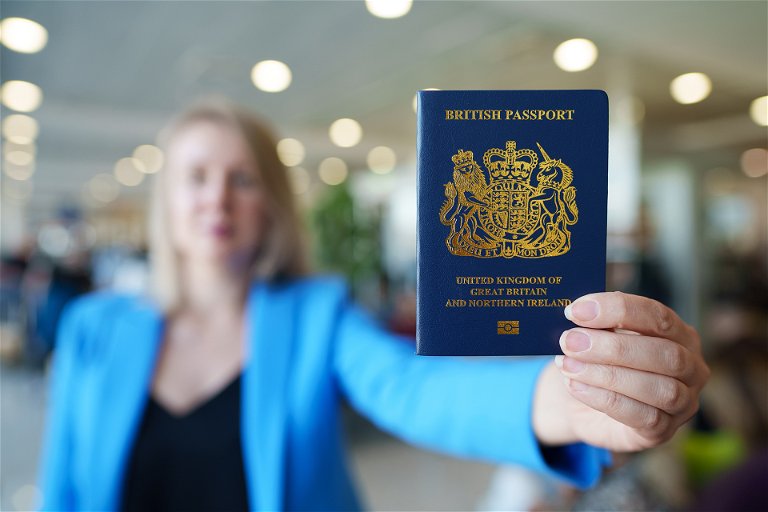
The Which? advice is to travel with at least six months’ validity “to be on the safe side” and remember, the government warns that the wait time to receive a new passport is currently around ten weeks. Passport prices have also increased: for online applications, it is cheaper, and for those made within the UK, it is £82.50 for adults and £53.50 for children. For those applying by post, it is now £93 for an adult passport and £64 for your child. If you were born on or before 2 September 1929, it is free.
If you need a new passport urgently, you can get the process speeded up which incurs a greater charge, see https://www.gov.uk/get-a-passport-urgently
Tourist taxes
New charges for visitors aren’t limited to EU and other countries, with Manchester becoming the first UK city to bring in the City Visitor Charge, a fee applied to all accommodation bookings in the city.
Across the EU, Barcelona and Venice are among those cities who have brought in fees, regional authorities saying the idea is to help control numbers and contribute to resources. Other venues are expected to follow suit, the costs included in items such as flight tickets and hotel bookings. Check your small print and your destination rules, so you don’t get a surprise when you check out.
Hand luggage
Holidaymakers who travel with hand luggage should be aware that new rules have come into place in relation to how much liquid you can carry on board your flight. Previously the rule, brought in in 2006, meant that each traveller could only bring a maximum of 100 ml of each liquid on board in the cabin. From next year, 2024, all airports will be forced to scrap the liquid restriction, but until then it is up to the discretion of each airport. So, check ahead to know which airports have which rules in force.

Visa rules and the Entry/Exit System (EES)
Thankfully, the visa changes have been deferred beyond the end of 2023, but British Passport holders will soon have to pay for a visa waiver when booking holidays to EU countries. The visa waiver can be purchased on the European Travel Information and Authorisation System (ETIAs) website (europa.eu) and will cost €7 which, depending on the exchange rate at the time, will be around £6. All British citizens will need to apply for the waiver but only adults over the age of 18 and younger than 70 will need to pay the fee. Once applied for and approved, the waiver will last three years before you need to purchase another (travel to Ireland will be exempt). Also, planned to begin in November this year, British tourists returning from EU countries will no longer have their travel documents stamped, with passport-reading machines replacing manual passport stamping for third-party countries, which Britain now is. EES will register the date and place of entry or exit, plus fingerprints and a facial biometric.
The best advice is to check all aspects of your travel well before you are due to depart, then check again, and to just for luck, check once more. Bon Voyage!



